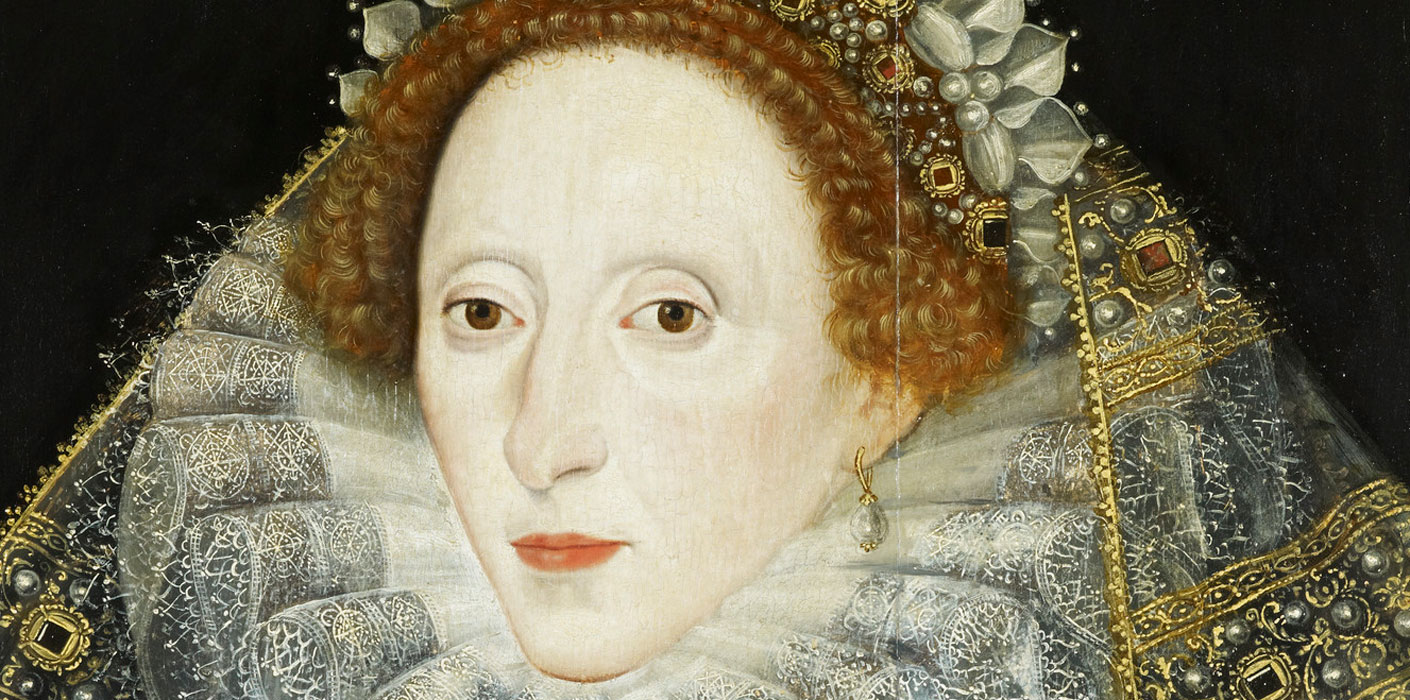“Tacking is a sailing maneuver by which a sailing vessel, whose desired course is into the wind, turns its bow toward and through the wind so that the direction from which the wind blows changes from one side of the boat to the other, allowing progress in the desired direction The opposite maneuver to tacking is called ‘jibe‘, or ‘wearing’ on square-rigged ships, that is, turning the stern through the wind. No sailing vessel can move directly upwind, though that may be the desired direction, making this an essential maneuver of a sailing ship. A series of tacking moves, in a zig-zag fashion, is called beating, and allows sailing in the desired direction.”Wikipedia

Both times I went sailing were exciting and exhilarating experiences!
The first time was in a ‘minnow’ on our local lake, I was with people who knew what they were doing on a lovely summer evening. Being in a properly handled yacht was one of the best things I have ever done.
The second time was with a friend who bought an older wooden catamaran.
He was still learning how to handle it, so it was fine when the wind was behind us. We sped along. The problem was when we tried to go the other way against the wind. Not knowing how to tack meant we struggled to move in the direction we wanted to go.
After having the wind push us along and lifting us out of the water, it was a real letdown to be stalled going nowhere fast.
I do not understand fully how tacking works, though I get some principles behind it.
Until I get to sail for a while with a knowledgeable sailor, my relative ignorance will remain.
In the old days of sail, voyaging against opposing winds was difficult at best, but worse still was to be ‘becalmed’ with no wind at all. This often meant going short of food and water unbearable heat or freezing cold.
Even Scripture is not without tales of the sea and its perils.
Sailing and seafaring and waterborne pursuits are full of analogies to the Christian life.
Our Christian experience is many times like having the wind filling our sails, making good progress in our aims and being exhilarated with God’s goodness.
But as they say, things with us are not always ‘plain sailing’!
Some went down to the sea in ships,
doing business on the great waters;
they saw the deeds of the LORD,
his wondrous works in the deep.
For he commanded and raised the stormy wind,
which lifted up the waves of the sea.
They mounted up to heaven; they went down to the depths;
their courage melted away in their evil plight;
they reeled and staggered like drunken men
and were at their wits’ end.
Then they cried to the LORD in their trouble,
and he delivered them from their distress.
He made the storm be still,
and the waves of the sea were hushed.
Then they were glad that the waters were quiet,
and he brought them to their desired haven.
Let them thank the LORD for his steadfast love,
for his wondrous works to the children of man!
Let them extol him in the congregation of the people,
and praise him in the assembly of the elders. Psalm 107: 23-32
More often than not we are beating against the contrary winds of earthly circumstances, sickness, and depression.
Satan throws his tempestuous temptations into the mix, and we lose our sense of direction and make little or no progress at all. Indeed, we may think we are well and truly sunk!
Other times we hit flat seas with no wind at all.
We may try to row ourselves out of it, but our progress is negligible and we soon weary ourselves out.
Life grates on us, and we find things tedious in the extreme. To be in the doldrums is a trial in itself.
The truth of the Christian life is that despite the gusts and tides that push against us, the prevailing wind is heavenward, and we have only to tack our souls to catch it and keep our forward course.
By reading and meditating on the Word and its preaching, with prayer and the fellowship of God’s people, we do what lies within us to position ourselves under the means of His grace.
The God who in His providence sends the storm also gives the calm and provides the pilot to aid us in our voyage
Therefore, we will certainly, through His power, reach our desired haven.
What would I do without you, Jeeves?

I have always like Ian Carmichael as an actor. He was mainly cast as the well-meaning simpleton, though he did more serious roles as well. I still remember him as Bertie Wooster alongside Dennis Price as Jeeves who invariably got him out of the scrapes he got himself into.

He was in a film called ‘School for Scoundrels’ where thanks to the tuition of Alistair Sim he turns the tables on the ‘king of cads’ Terry Thomas and gets the girl.

The film ends with Carmichael’s character realising that nothing of lasting good comes from lying and cheating, no matter what the short time gain. Though the audience got a good laugh in the process!
It can only be said that we all, as Christians and people in general, are often presented with a supposed easy way around or way to avoid our difficulties.
Like some electronic games, I had difficulty with, there were cheats you could put in, so you could walk through walls and give yourself infinite weapons and invulnerability.
The problem was, that you missed out on so much of the game that it was hardly worthwhile playing.
The Christian more than others is often tempted to cheat or take an easier path to avoid problems and ridicule. This usually means a departure from the path of duty and stagnation of spiritual growth.
God can indeed bring good out of and despite our failures and sins, yet this can never excuse us from departing from the straight and narrow and risking all in the bye -paths of sin and disobedience.
The Christian’s path should always be onward and upward and the path of God’s Truth!
**********************************************************************************************************
















You must be logged in to post a comment.